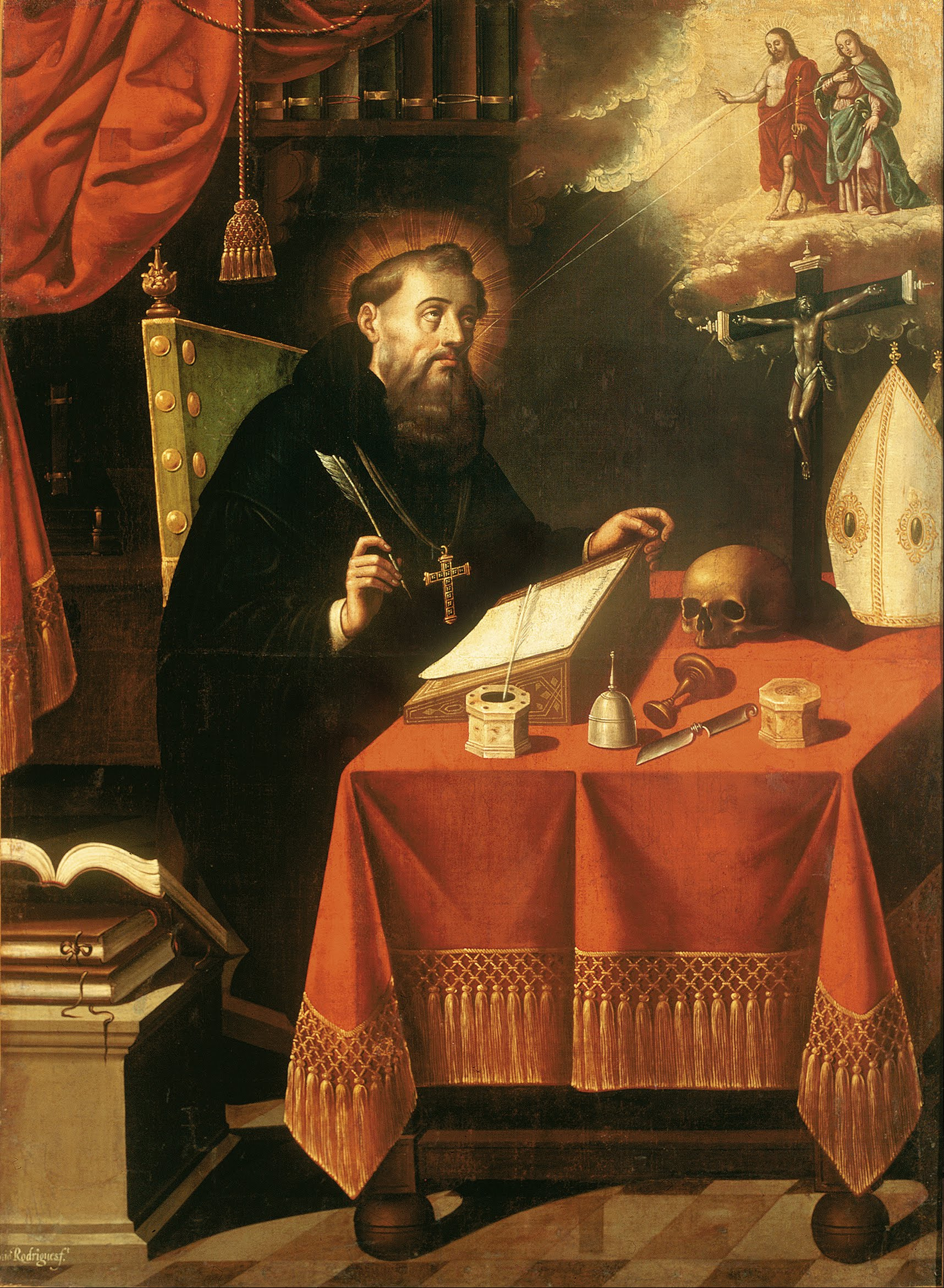Many believe that heresy only occurs when someone denies dogma, the infallibly defined truths of the Catholic Church. However, heresy is not limited to rejecting dogmas. It also includes denying infallible teachings of the Magisterium, even if they are not dogma. In this article, we’ll explore how rejecting these teachings can also constitute heresy, with reference to the Church’s authority and relevant sources.
The Role of Dogma and the Magisterium in Heresy
Dogmas are formally defined teachings that every Catholic must believe. These teachings, such as the doctrine of the Immaculate Conception or the Trinity, are clear-cut. Denying any of these dogmas constitutes heresy. But dogma is not the only form of Church teaching that Catholics are required to accept.
The Magisterium—the teaching authority of the Pope and bishops—also teaches infallibly through the ordinary and universal Magisterium. These teachings, even if not formally defined as dogma, are binding. Rejecting them is also considered heresy.
Catholic Truths: More Than Just Dogma
The below image taken from Ludwig Otts Fundamentals Of Catholic Dogma helps to explain this concept further. It shows how Catholic Truths include not just divinely revealed dogmas but also Ecclesiastical Teachings. These are truths that are closely connected to divine Revelation but not explicitly defined as dogma. The Church teaches these truths infallibly, and Catholics must accept them.

For example, the teaching that women cannot be ordained as priests is not defined ex cathedra, yet it is still infallible. Denying this teaching would lead to a rejection of the Church’s authority, which is essential for preserving the truth of Revelation. This is why rejecting Magisterial teachings also qualifies as heresy.
Why Magisterial Teachings Are Infallible
The Church’s authority to teach infallibly extends beyond dogma. The ordinary and universal Magisterium—the consistent teaching of the Pope and bishops in union—provides infallible guidance on matters of faith and morals. When the Pope and bishops agree on a teaching, it is considered infallible, even if not defined as dogma. Catholics are still bound to accept these teachings, and denying them can lead to heresy.
“The infallible doctrinal power of the Church extends, however, secondarily to all those truths and facts which are a consequence of the teaching of Revelation or a presupposition of it.”
For example, the Church’s teaching on the immorality of abortion is infallible, even though it is not a dogma. Catholics cannot reject this teaching without falling into heresy.
The Danger of Selective Adherence
Some Catholics might think that because certain teachings are not dogma, they can choose to accept or reject them. This approach is dangerous. Rejecting any infallible teaching undermines the authority of the Church. The Magisterium has been entrusted by Christ to safeguard and interpret the deposit of faith. Denying its authority is, in effect, denying Christ’s own teaching authority.
Moreover, selective adherence risks eroding the very foundation of faith. Catholic Truths, while not always dogmatic, protect the integrity of divine Revelation. If we reject these secondary truths, we jeopardize the core dogmas of the faith.
Conclusion: Heresy Includes Rejection of Magisterial Teaching
In conclusion, heresy involves more than just denying dogma. Rejecting the Magisterium’s infallible teachings—whether they are dogmatic or not—also constitutes heresy. As the provided image shows, Catholic Truths include more than just divine dogmas. These truths are essential for preserving the faith. Catholics must submit to the teachings of the Church, not just in matters of dogma but also in the infallible teachings of the ordinary and universal Magisterium.
By recognizing the importance of these teachings, we can protect our faith and remain united with the Church in truth.
